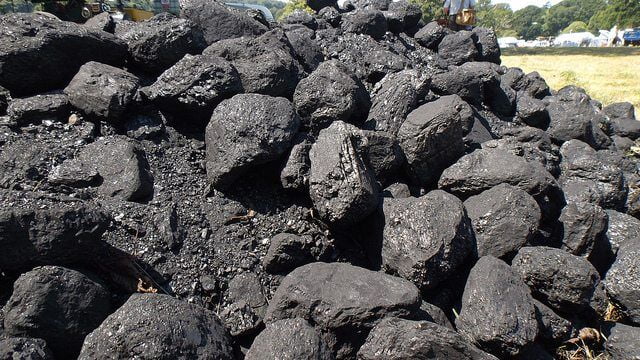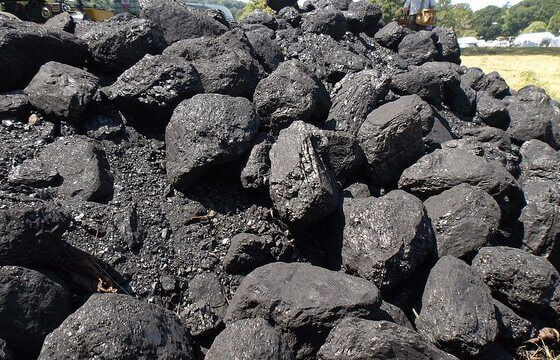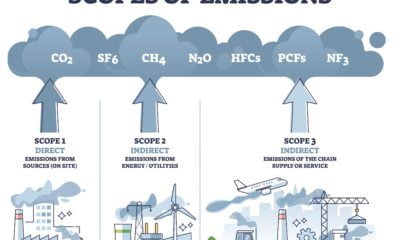

Energy
Organisations Respond To Coal Phase-Out Decision
CEO North Star Solar and former CEO of RWE npower, Paul Massara has commented on the recent consultation on proposals to end UK coal generation by 2025.
Massara said that the government should speed up the transition from coal-fired baseload power to a low-carbon, flexible grid:
“Energy systems are transforming faster than anyone would have thought possible just a few years ago, and the big picture question for Theresa May and UK plc is, does Britain chose to be part of the future and develop an industrial strategy around smart grids, storage and renewables or does it cling to an out-dated view of the past?
“The evidence now indicates that smart, flexible grids based on renewable electricity supplemented by demand shifting, storage and interconnection will deliver power cheaper than the old model with endless fossil fuel costs – and with far lower carbon emissions and related health issues.
“We need an affordable, secure transition to a low carbon economy but sometimes, as Tennyson said, you have to ‘ring out the old’ before you can ‘ring in the new’ – and ringing out the coal era, firmly and confidently, will speed up investment in the new energy technologies we need, so I would just urge the government to get on with it.”
Michael Grubb, Professor of International Energy and Climate Change Policy at UCL, said that the decision will accelerate investment and improve investor confidence:
“Outlining how and when coal plants will cease to operate will pave the way for new investment, including gas. Coal is already struggling economically and removing coal clarifies the market space for gas during the 2020s. Overall reinforcing the existing commitments and clarifying mid-term plans increases investor confidence, so certainty on coal-phase out will help to bring forward new and cleaner capacity.”
Professor Hugh Montgomery, Director for the Institute for Human Health and Performance, UCL, pointed to the health implications and associated costs of coal combustion as the most important reason to discontinue its use:
“The health costs of our reliance on coal are unjustifiable. Burning coal in the UK is linked to at least 1,600 premature deaths, 68,000 additional days of medication and over 360,000 working days lost. This adds up to £3.1 billion in avoidable costs each year on an already over-stretched health budget.
“For these reasons alone a coal phase-out is well overdue and would be welcomed from a medical perspective.
We have many other far cleaner and equally affordable ways of generating energy, but only one chance to enjoy clean and healthy air.
“The co-benefits of tackling climate change and improving health outcomes are increasingly clear across a range of issues, none more so than when it comes to coal and air pollution. It’s therefore imperative that government take these factors into account when deciding how best to take the policy forward. These are impacts we have ignored for too long. For the health of the country, it’s clear that coal has to go.”


 Environment12 months ago
Environment12 months agoAre Polymer Banknotes: an Eco-Friendly Trend or a Groundswell?

 Features11 months ago
Features11 months agoEco-Friendly Cryptocurrencies: Sustainable Investment Choices

 Features12 months ago
Features12 months agoEco-Friendly Crypto Traders Must Find the Right Exchange

 Energy11 months ago
Energy11 months agoThe Growing Role of Solar Panels in Ireland’s Energy Future




























